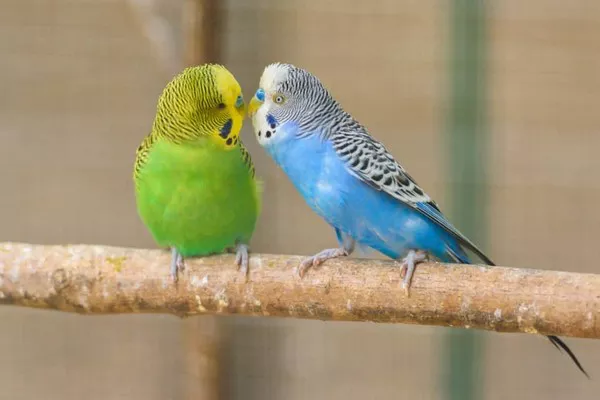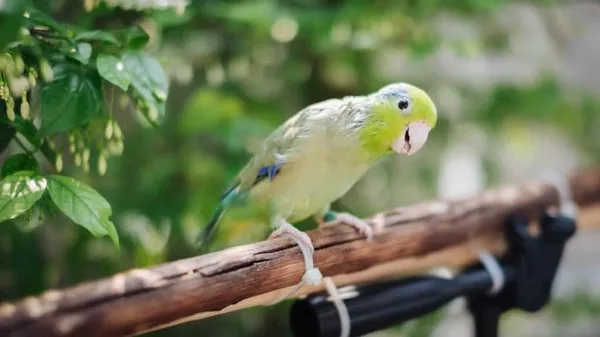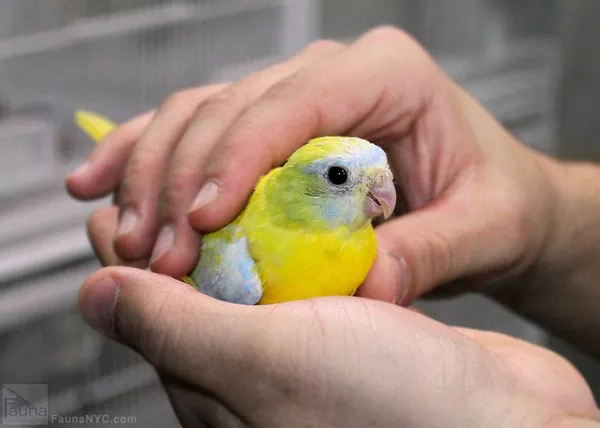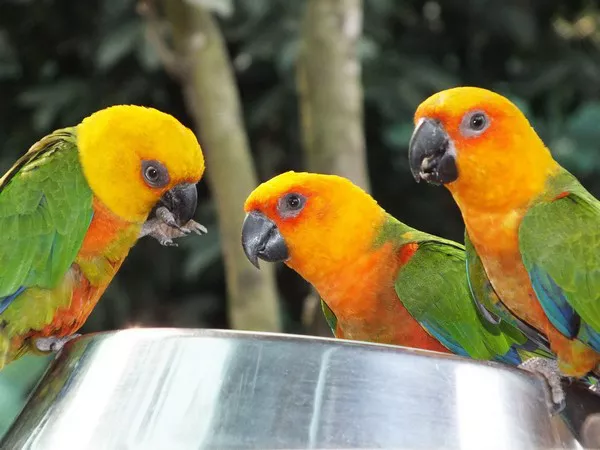The dietary needs of parrots are a topic of significant importance for avian enthusiasts and pet owners. Among the diverse range of parrot species, the Indian Ringneck Parrot (Psittacula krameri manillensis) stands out for its captivating appearance and charming personality. As responsible pet owners seek to provide optimal nutrition for their feathered companions, questions arise about whether Indian Ringneck Parrots can include meat in their diet. In this article, we will explore the dietary preferences and nutritional requirements of Indian Ringneck Parrots to determine whether incorporating meat into their diet is advisable or not.
Natural Diet of Indian Ringneck Parrots
Indian Ringneck Parrots are primarily herbivores in the wild, with their natural diet consisting of a variety of fruits, vegetables, seeds, nuts, and berries. Their strong beaks are adapted for cracking open seeds and nuts, making these food sources an essential part of their diet. Their wild habitat often includes farmlands, orchards, and wooded areas, where they can forage for a diverse range of plant-based foods.
Protein Requirements and Meat Consumption
While Indian Ringneck Parrots are not strict carnivores, they do have limited protein needs in their diet. In the wild, they may consume small insects or larvae as part of their protein intake. However, it’s important to note that their protein requirements can usually be met through plant-based sources.
Risks of Meat Consumption
Feeding meat to Indian Ringneck Parrots can pose several risks:
Digestive System: Parrots have a unique digestive system adapted to processing plant-based foods. Introducing meat into their diet can disrupt this delicate balance and lead to digestive issues.
Nutritional Imbalance: Parrots have specific nutritional requirements that are best met through a balanced diet of fruits, vegetables, seeds, and nuts. A diet high in meat can lead to deficiencies in essential nutrients and vitamins that are vital for their health.
Bacterial Contamination: Raw meat can carry harmful bacteria that may be harmful to parrots. Even cooked meat poses a risk of bacterial contamination if not prepared and handled correctly.
Potential Allergic Reactions: Introducing a novel food source like meat can trigger allergic reactions in parrots, leading to various health problems.
Lack of Enzymes: Parrots lack certain enzymes needed to efficiently process and digest meat, making it a less suitable food source for them.
Balanced Diet for Indian Ringneck Parrots
Providing a balanced diet that mimics the parrot’s natural feeding habits is essential for their overall health and well-being. A diet rich in a variety of fruits, vegetables, seeds, and nuts can provide the necessary nutrients, vitamins, and minerals for Indian Ringneck Parrots to thrive.
Fresh Fruits and Vegetables: Offer a wide range of fresh fruits and vegetables, such as apples, carrots, leafy greens, bell peppers, and sweet potatoes. These foods provide essential vitamins and fiber.
High-Quality Seeds and Nuts: A mix of high-quality seeds and nuts, such as sunflower seeds, safflower seeds, and almonds, can provide healthy fats and proteins.
Pellets: Commercially available pelleted diets designed for parrots can provide a balanced nutritional profile. However, these should not be the sole source of nutrition.
Limited Treats: While treats can be given occasionally, they should be low in sugar and salt. Safe treat options include small pieces of fruit, vegetables, or nuts.
Fresh Water: Ensure a constant supply of fresh, clean water for hydration.
Conclusion
In conclusion, Indian Ringneck Parrots are primarily herbivores with limited protein requirements that are typically met through plant-based sources in their natural diet. While they may consume small insects in the wild, introducing meat into their diet as a pet is not recommended. The potential risks of digestive issues, nutritional imbalances, bacterial contamination, allergic reactions, and the lack of necessary enzymes make meat an unsuitable food source for Indian Ringneck Parrots. Instead, providing a well-rounded and balanced diet consisting of fresh fruits, vegetables, seeds, nuts, and appropriate commercial pellets is the best way to ensure the health and longevity of these charming and intelligent avian companions.
Recommended reading:
























